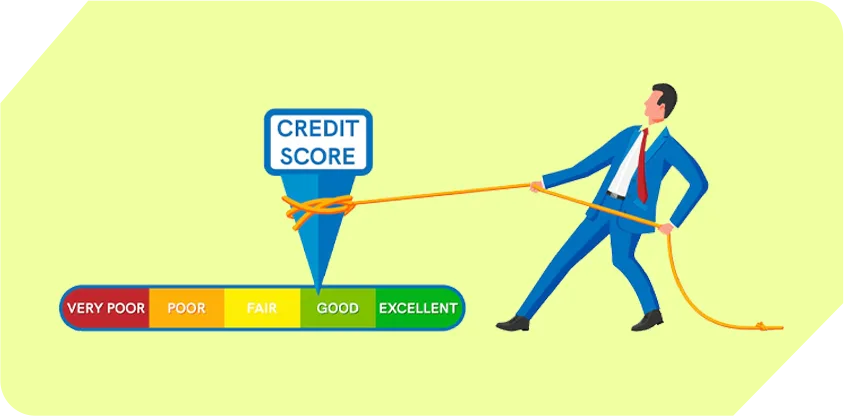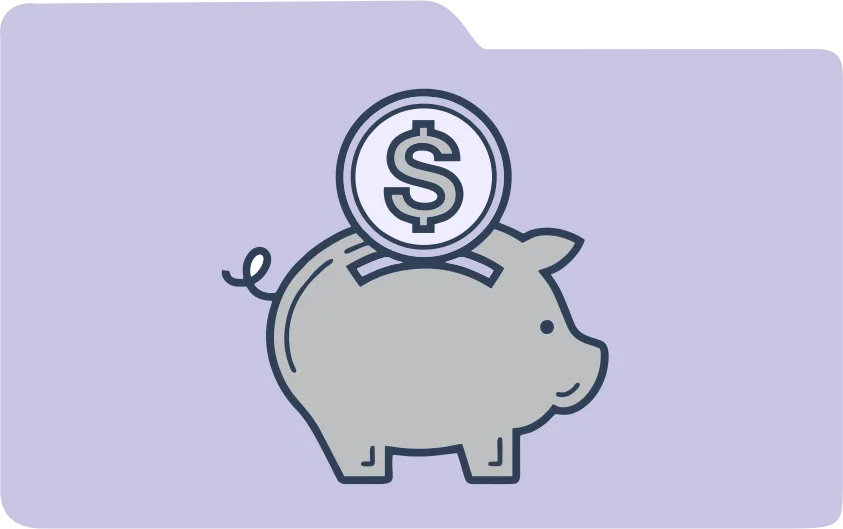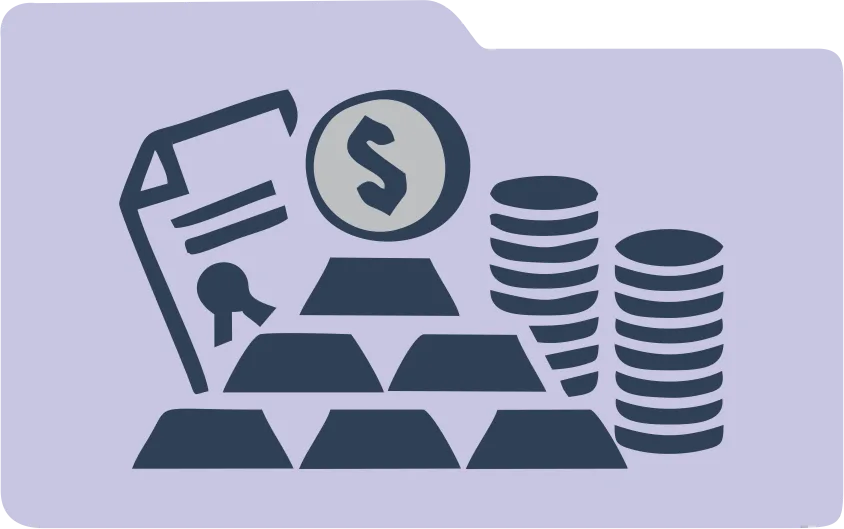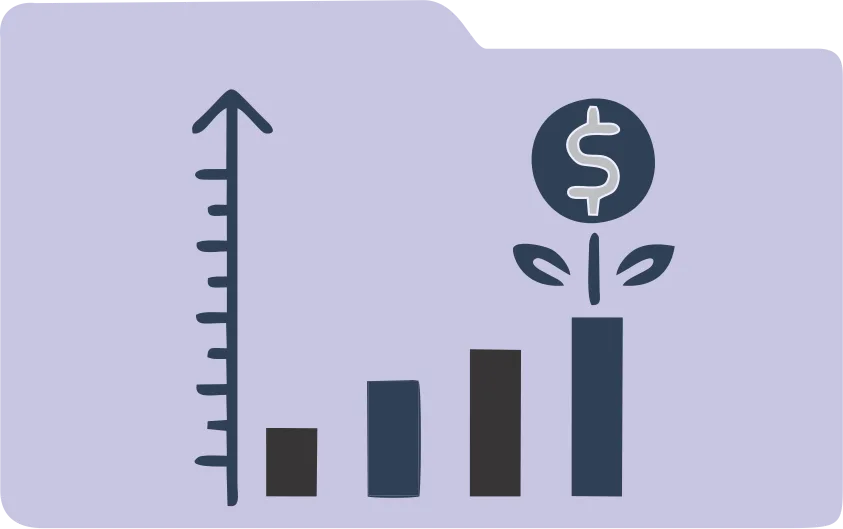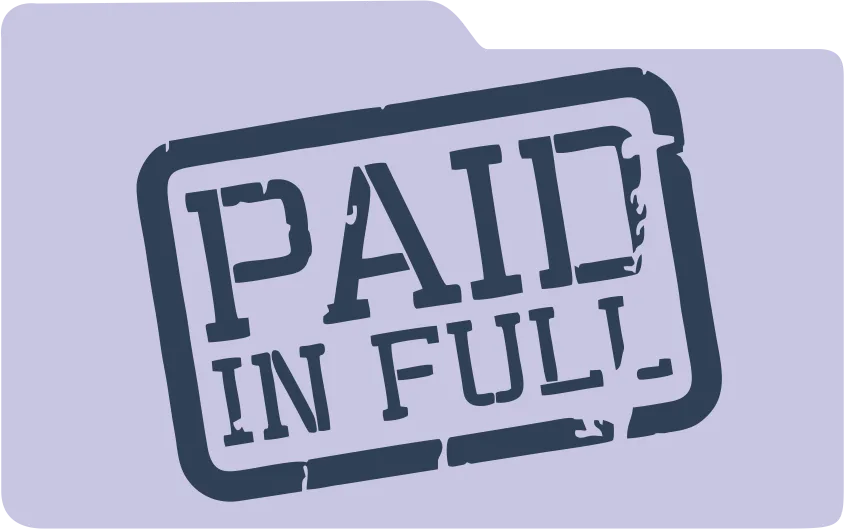The Power of Hoarding Wealth
Hoarding wealth is not just about accumulating money—it’s about harnessing the power to transform your financial future and make a profound impact on your life and the lives of others. Achieving significant wealth requires more than just aspiration; it demands discipline, strategic planning, and a deep understanding of personal finance, investment opportunities, and risk management. Though the journey to substantial wealth can be challenging, it is achievable with the right mindset, dedication, and knowledge.
At the heart of hoarding wealth is a solid foundation in personal finance. Mastering budgeting, saving, and debt management allows you to take control of your financial situation and make informed decisions about your resources. This disciplined approach not only helps in accumulating wealth but also in ensuring that it is managed wisely and efficiently.

Investment knowledge further amplifies the power of wealth. Understanding different investment vehicles—such as stocks, bonds, real estate, businesses, and mutual funds—enables you to grow your assets strategically. With a keen grasp of risk analysis, you can make informed choices that balance potential rewards with manageable risks. This proactive management can lead to substantial growth in wealth over time.
The true power of hoarding wealth lies in its potential to create lasting benefits. It provides financial stability and security, which can bring peace of mind and freedom to focus on other important aspects of life. Moreover, wealth can be a force for positive change, enabling you to support your family, contribute to charitable causes, and invest in opportunities that benefit society. Building generational wealth ensures that future generations can also enjoy the fruits of your efforts, perpetuating a legacy of financial stability and impact.
What is Hoarding Wealth?
Hoarding Wealth is an intentional and purposeful approach to managing financial resources. It is more than just accumulating assets; it involves a long-term perspective towards achieving financial security, stability, and freedom. By hoarding wealth, individuals can pursue their dreams, live the lifestyle they desire, and provide for their family’s needs.
Hoarding Wealth also enables individuals to contribute positively to society by supporting charitable causes, investing in local businesses, and creating job opportunities. This creates a ripple effect that benefits the community and society as a whole. Additionally, Hoarding Wealth provides the opportunity to learn about saving for retirement and leave a financial legacy for loved ones.
Hoarding Wealth vs. Hoarding Money
What is hoarding money?
Hoarding money refers to the practice of accumulating cash and storing it without actively investing or using it to generate returns. This approach results in the money remaining idle, which can lead to missed opportunities for growth and the potential erosion of its value due to inflation. Unlike investing or managing wealth, hoarding money does not contribute to economic development or personal financial progress.

Knowing the difference between hoarding wealth and hoarding money matters because it impacts how people use their resources to improve their lives and the lives of others. When people understand this distinction, they can make more informed choices about how to manage their finances effectively.
Difference between Hoarding Wealth and Hoarding Money
For instance, hoarding wealth involves using resources in ways that can lead to growth and opportunities, like investing or supporting causes, which can lead to greater personal satisfaction and broader social impact. On the other hand, simply hoarding money without using it actively, It can be considered a mental illness, especially due to the individual’s feeling of insecurity or a sentimental attachment to the valuable object as such, but financially speaking this can lead to missing out on opportunities for growth and making a positive difference.
Understanding this difference, individuals can better align their financial actions with their personal goals and values, avoid letting their resources lose value over time, and ultimately achieve a more fulfilling and impactful life. In essence, it helps people make their money work for them in ways that go beyond just accumulating it, leading to smarter, more purposeful financial practices.
Hoarding Wealth
Hoarding wealth is a strategic approach to managing financial resources with the goal of creating lasting value and impact. It involves:
- Strategic Accumulation: Hoarding wealth is done with a clear purpose, such as securing financial stability, planning for retirement, or building a legacy. The accumulation of assets is part of a broader, well-thought-out financial plan.
- Value Generation: Wealth is not just saved but actively managed and invested in ways that generate additional value. This can include investing in businesses, real estate, or other assets that contribute to economic growth, create job opportunities, and stimulate innovation.
- Economic and Social Impact: Individuals who focus on hoarding wealth often aim to make a positive difference. Their investments can lead to new business ventures, job creation, and philanthropic efforts that benefit society and foster community development.
- Legacy Building: Hoarding wealth also involves planning for the future beyond one’s lifetime, ensuring that resources are used to support future generations or charitable causes, thereby leaving a meaningful legacy.
Hoarding Money
Hoarding money, on the other hand, refers to the accumulation of funds without a productive use or strategic plan. Characteristics of money hoarding include:
- Passive Accumulation: Money hoarding involves letting funds accumulate in a bank account or under the mattress without actively working to make them grow or generate additional value. It’s a passive approach to managing finances.
- Lack of Impact: Unlike wealth hoarding, money hoarding doesn’t contribute to economic growth or societal benefit. The funds remain idle, not invested in opportunities that could create jobs, support businesses, or address community needs.
- Missed Opportunities: By not utilizing accumulated funds for investments or productive purposes, individuals may miss out on opportunities for growth, personal fulfillment, and positive societal impact. The potential benefits of the money are not realized.
- Potential for Inflation Erosion: Hoarded money that is not invested or used productively may lose value over time due to inflation. This means that the real purchasing power of the money can decrease, reducing its future value.
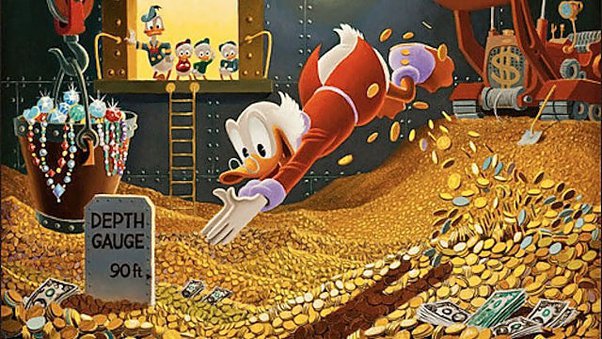
Greed of the Rich: Debunking Common Myths
This myth is perpetuated by simplistic narratives that fail to acknowledge the significant contributions of wealth to economic development, job creation, and philanthropy.
Confusion between hoarding wealth and hoarding money, and the misconception that the wealthy accumulate wealth at the expense of others, often arises from several factors:
- Lack of Knowledge: Many people are not familiar with the differences between these concepts. Without a clear understanding of how wealth and money are actually managed, it is easy to fall into simplistic ideas or misinterpretations about how the wealthy operate.
- Stereotypes and Media: Media and cultural representations often portray the wealthy as people who accumulate wealth without concern for social impact. This can reinforce the misconception that accumulating wealth necessarily involves harming others.
- Perception of Economic Injustice: Economic inequality can lead to the perception that the wealthy are accumulating wealth at the expense of the poor, without recognizing that well-managed wealth can be invested in projects that benefit society.
- Lack of Investment Information: Many people do not understand how investing and actively managing wealth can contribute to job creation, economic development, and philanthropy. Without this understanding, it is easy to view only the accumulation of money as a negative thing.
- Prejudice and Envy: Sometimes, prejudice and feelings of envy toward the wealthy can cloud judgment about how they manage their resources. People may prefer a simple narrative that assumes all wealthy people are greedy rather than recognizing the complexity of wealth management.
Knowing the true nature of wealth and its potential to create social value as opposed to simply hoarding money is fundamental to appreciating how the wealthy can contribute to broader economic and social benefits, going beyond stereotypes to recognize the complexities and positive impacts of well-managed wealth. And the best thing is that anyone can hoard wealth, you just have to know the true path to a life full of prosperity not only for yourself but also for your future generations.
Hoarding Wealth Community
When it comes to hoarding wealth, having a clear path and understanding of personal finance is crucial. But with so much information and advice out there, it can be overwhelming to know where to start. That’s where hoardingwealth.com comes in. This comprehensive platform provides a range of resources and tools to help you understand and navigate the path to building wealth.
One of the key ways that hoardingwealth.com can help you is by providing a wealth of information on personal finance topics. From budgeting and saving to debt reduction and credit management, you can learn about the basics of financial management and gain insights into the best strategies for hoarding wealth.










